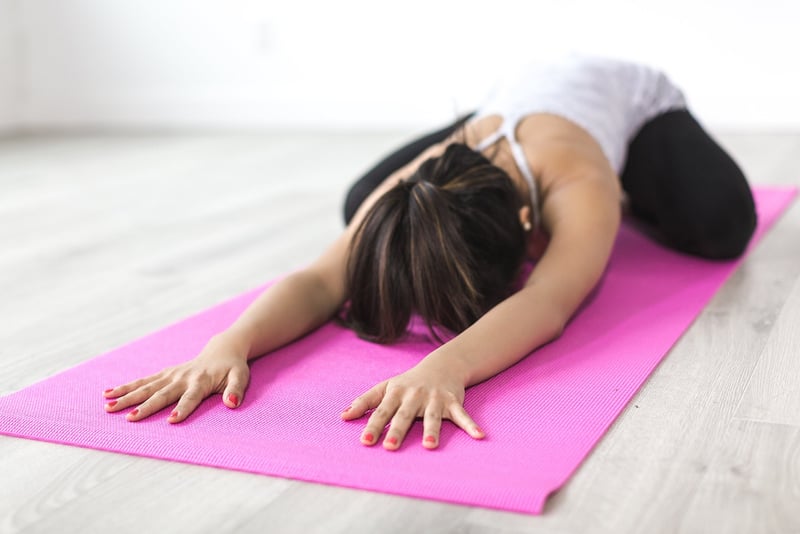Body Rhythms
The Connection Between Movement and Emotional Well-being
Physical activity has long been associated with numerous health benefits, from improving cardiovascular health to boosting mood and reducing stress. But did you know that movement plays a crucial role in supporting emotional well-being as well?
Understanding Body Rhythms
Our bodies have natural rhythms and cycles that govern various functions, including sleep-wake cycles, hormone production, and even emotional responses. Movement, such as exercise and dance, can help synchronize these rhythms, promoting overall balance and well-being.
The Benefits of Movement for Emotional Well-being
1. Stress Relief: Physical activity releases endorphins, the body's natural stress relievers, helping to reduce feelings of anxiety and tension.
2. Mood Enhancement: Exercise has been shown to increase levels of dopamine and serotonin, neurotransmitters that play a key role in regulating mood.
3. Emotional Expression: Movement, especially through expressive forms like dance, can provide a healthy outlet for processing and expressing emotions.
4. Self-awareness: Engaging in mindful movement practices can enhance self-awareness and emotional intelligence, leading to better stress management and more profound connections with oneself.
Incorporating Movement into Your Routine
Whether it's through yoga, running, dancing, or simply taking a walk in nature, finding ways to move your body regularly can have a significant impact on your emotional well-being. Listen to your body's cues and choose activities that bring you joy and relaxation.
Remember, it's not about the intensity or duration of the movement but rather the consistency and enjoyment it brings. Start with small steps and gradually build up to a routine that works best for you.
Conclusion
By embracing movement as a tool for supporting emotional well-being, you can tap into the natural rhythms of your body, enhancing your overall health and happiness. So, put on your favorite music, sway to the beat, and let your body lead the way to emotional balance and vitality.

References: American Psychological Association, Harvard Health Publishing
